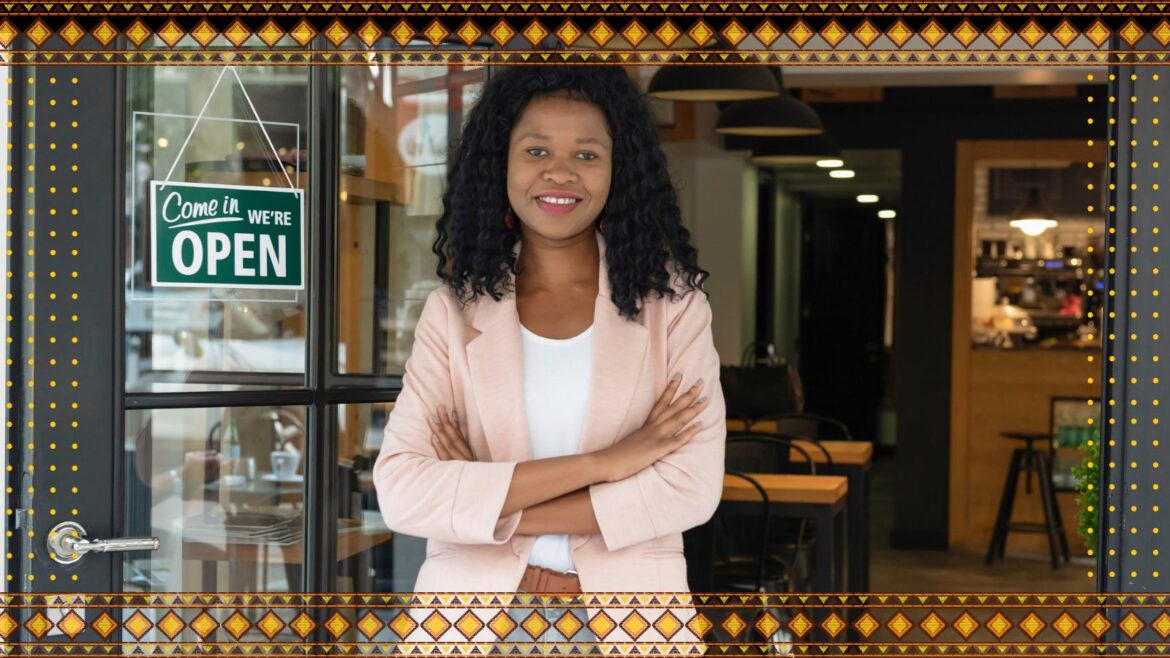by
It’s the final week of Black History Month, and The Washington Informer, following the Association for the Study of African American and Life and History’s (ASALH) theme “African Americans and the Arts,” has delved deep into the contributions of Black artists to the nation and world. From performing, visual and literary arts, it’s been an exciting month of examining and celebrating Black art and artists, and this week, we’re diving into the worlds of arts entrepreneurship and comedy.
While the two fields might not seem directly related, the correlation between African American arts entrepreneurship and comedy is all about taking ownership of Black stories.
Artistic business ventures, such as Berry Gordy’s Motown, Cathy Hughes’ Urban One (formerly Radio One), Shawn “Jay-Z Carter’s Roc Nation, or Tyler Perry’s barrier-breaking production studio, are examples of African Amreicans owning, creating, producing and promoting Black art.
“What’s extremely important is that we own our images and our stories,” Derek Dingle, chief content officer for Black Enterprise and an owner of Milestone Media, told The Informer.
Milestone is the mastermind behind Static Shock, distributed as “Static,” though D.C. comics from 1993-1997.
“The reason why we created Milestone is that in the 90s, we wanted to diversify the industry, not only in terms of storytelling, not only in terms of characters and trademarks, but also in terms of giving young African Americans at the time an opportunity to be creative in an industry that excluded them,” Dingle said.
Further, in D.C. entrepreneurs like Hughes, emphasize the leading role the District plays in ensuring African American artists receive exposure and are showcased to the masses.
In a different way than entrepreneurs, Black comedians take ownership, reclaim and share African American stories with audiences. Despite centuries-long challenges of systemic oppression and racism, African Americans American comedians use stories of pain and struggle to reframe them in a way that turns the depressing narratives to hilarious tales of resilience.



